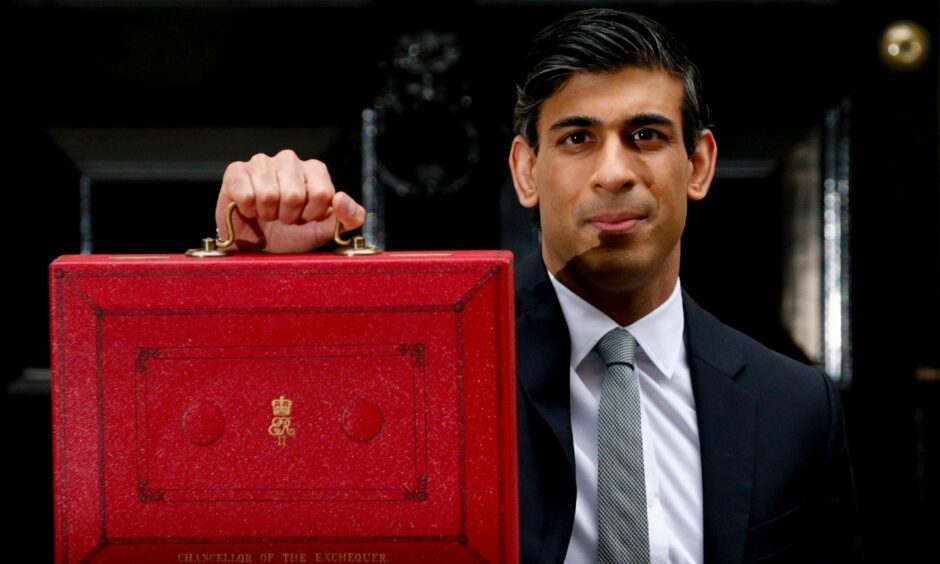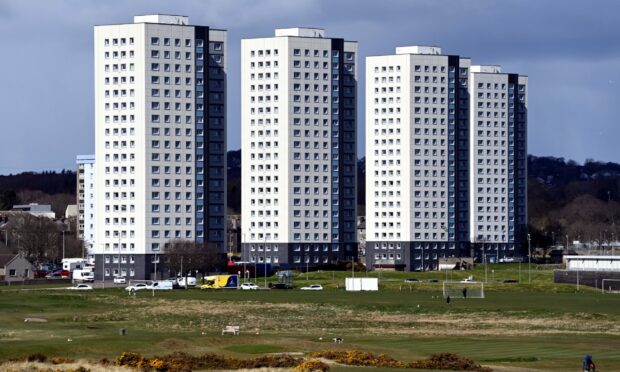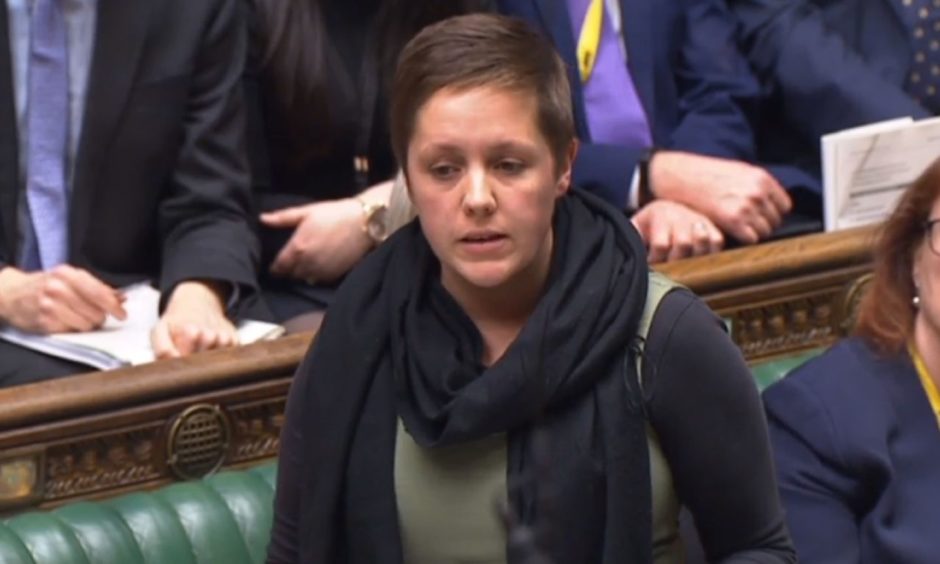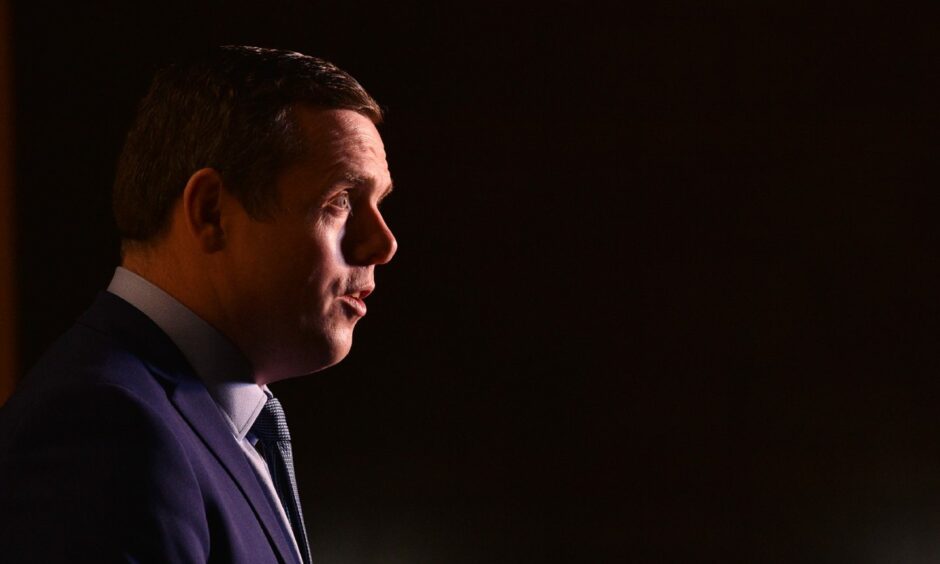More than four in 10 families with children in Aberdeen North will be hit by planned cuts to Universal Credit and Working Tax Credit.
Analysis by the Joseph Rowntree Foundation (JRF) reveals 4,130 families in the constituency (42%) receive the benefit payments, making the constituency one of the worst-affected in Scotland, if the policy goes ahead.
In the biggest overnight cut to the basic rate of social security since the Second World War, the UK Government is preparing to reduce payments by £20-a-week from October 6 – the equivalent to £1,040 a year.
The temporary £20-a-week uplift was introduced to help claimants weather the storm of the coronavirus pandemic, but opposition politicians and charities have called for it to be made permanent.
‘This is going to impact families’
Kirsty Blackman, SNP MP for Aberdeen North, described the planned cut as “shocking” but said it is “not surprising given the track record” of the Conservative government.
Her constituency – which would be the worst hit across the north and north-east and one of the worst impacted in Scotland – is made up of neighbourhoods including Mastrick, Hilton, Woodside, Seaton and Tillydrone.
Reacting to the JRF’s analysis, Ms Blackman said: “We are going through the worst times.
“We are seeing people experience real desperation and the Tories are trying to take away something that has been a lifeline for folk and something that has made a difference during the pandemic and the stress and pain that all of us have been through.
“I just think it’s completely the wrong time to be considering something like this, especially on top of the fact we’ve seen a real terms cut in benefits over time and especially the fact this is going to impact families and disabled people.”
Across Scotland, more than one in three (37%) families will lose £1,040 per year if the planned cuts go ahead, the independent analysis found.
Douglas Ross defends cut
In Scottish Conservative leader Douglas Ross’ Westminster constituency of Moray, 3,150 families – around three in 10 (31%) – will experience the cut.
Mr Ross defended the decision to withdraw the £20 uplift, stating that the UK has “got to start to pay back what has been spent during this crisis”.
The Moray MP said he discussed the issue with Prime Minister Boris Johnson and Chancellor Rishi Sunak during their recent visits to Scotland.
Despite remaining tight-lipped on his personal opinion on the matter, he confirmed he did not disagree with the UK Government’s approach.
He also declared the “worst” of the pandemic over despite more than 5,000 coronavirus cases being recorded in Scotland on Wednesday – the highest daily total so far.
Mr Ross added: “I haven’t heard any other opposition politicians say where they would get the extra £6 billion to fund a permanent uplift of the £20 for Universal Credit.”
‘It is a scandal’
Chris Birt, deputy director for Scotland at the JRF, said it is a “scandal that the UK Government’s strategy for economic recovery is to plunge families who are already struggling deeper into poverty and debt”.
He added that while the responsibility for the “devastating cuts” lies with the UK Government, it “highlights the urgent need for the full roll-out and doubling of the Scottish Child Payment to support families with children in Scotland.”

First Minister Nicola Sturgeon was last week urged by more than 100 leading poverty campaigners to double the “lifeline” payment to help desperate families.
Her government has pledged to extend the £10-a-week payment for low income Scots, currently given to those under six, to under-16s by the end of next year and double it to £20 a week in the next five year term.
A Scottish Government spokesman confirmed it is investing £77 million a year through bridging payments – worth £520 a year in 2021 and 2022 – ahead of a full roll out of the Scottish Child Payment.
He added: “The UK Government’s decision to withdraw the £20-per-week uplift to Universal Credit is indefensible and we have urged the UK Government to reverse the decision and halt the senseless harm they are about to inflict on already hard pressed families.”
‘A vital safety net’
A UK Government spokesman said the temporary uplift was “designed to help claimants through the economic shock and financial disruption of the toughest stages of the pandemic”.
He added: “Universal Credit will continue to provide a vital safety net and with record vacancies available, alongside the successful vaccination rollout, it’s right that we now focus on our Plan for Jobs, helping claimants to increase their earnings by boosting their skills and getting into work, progressing in work or increasing their hours.
“The Scottish Parliament has significant welfare powers and can top-up existing benefits, pay discretionary payments and create entirely new benefits in areas of devolved responsibility.”


